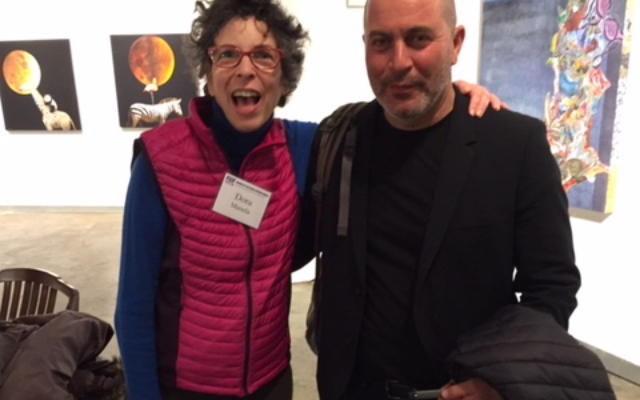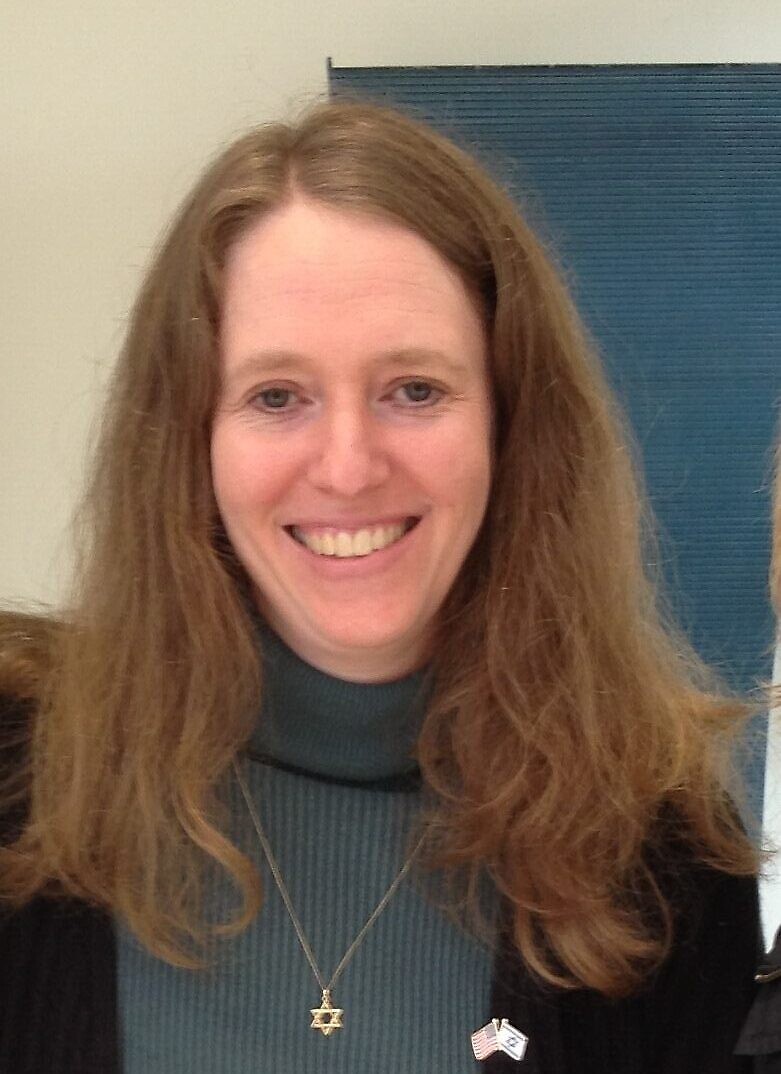Compromised Health and COVID
A diagnosis of cancer or lupus is especially challenging for survivors who can’t afford to get the coronavirus.

No one is having an easy time adjusting to the new normal of living within the constraints and fears of the global coronavirus pandemic which, according to the latest figures from Johns Hopkins University of Medicine, has taken the lives of more than 3,000 Georgians, 140,000 Americans and 600,000 worldwide. But for those who have compromised immune systems due to past diagnoses, the challenges and vulnerabilities are even greater.
More than five years ago, Dora Manela was diagnosed with a brain tumor. “Mine was pretty big,” she said, describing it as potato-sized behind her right ear. Just before the diagnosis, her husband Flavio – a gastroenterology specialist — said she looked strange, and she felt dizzy. “The day before the surgery, I had a panic attack. I thought, will I wake up? Will I have major personality changes?”
A dancer, Manela had been an Atlanta Ballet teacher. Fortunately, the surgery was successful, and she proceeded with chemotherapy and radiation – both of which compromise a person’s immune system. Anti-seizure medicine, which she will have to take for the rest of her life, put weight on her thin body. And she was impacted in other ways. She had to relearn how to button buttons and type on a computer.
“The drugs make me loopy. My face gets more numb, but I’m very lucky. I walk. I exercise,” she said, but she is, understandably, very self-protective during this pandemic. “I buy everything on Amazon,” she joked.
Not yet 60, Manela said her diagnosis changed her sense of time and her husband’s. “We don’t know how much time we will have. He had had a massive heart attack 10 years ago.”
The couple, who grew up in Brazil, have lived with an appreciation of life even before the threat of COVID-19. Manela said the pandemic had a different impact on them. “My husband and I were super social.” Friends, former students and her two children’s friends would visit all the time before social distancing was required. “Zoom doesn’t work well for me,” she said. “But the mind has to stay curious and we need to always keep learning from any situation.”
Cancer patients who underwent weeks or months of various treatments may be accustomed to taking one day at a time, living in the present. In fact, that may help them adapt better to the ongoing trauma of living during a pandemic. But, for those with lupus, living in today’s reality is very different.
In the nearly 30 years since she was diagnosed with lupus, Julie Kaminsky Minsk said she’s “never had the fear of dying, and now I am afraid of dying.”
Minsk was serving in the Peace Corps in Africa when, as a 23-year-old, she started experiencing achy joints, fevers and rashes. “The first thing we thought was malaria,” she recalled. Bounced back and forth between doctors, Minsk explained that she was tested for everything they could test her for. “It’s weird because lupus symptoms can present themselves as different diseases in different people. If you have four of the 11 blood work criteria, you can be diagnosed with lupus.”

Even now, her doctor isn’t totally sure she has lupus, which is a chronic autoimmune system disease. That means the immune system is dysfunctional and can attack healthy tissue. The immune system is thus less effective in fighting infections, including bacteria and viruses like COVID-19. Moreover, the medications that people with lupus often take can also limit the body’s ability to fight infections.
But Minsk’s biggest difficulty during the pandemic is even getting the drug she must take daily. Hydroxychloroquine had been heralded by some as preventative for COVID-19, resulting in an increased demand for the drug on which Minsk is dependent. Although research has shown no evidence that the drug can prevent a person from getting COVID-19, Minsk has had to rely on understanding pharmacists who have made sure she has the drug she needs.
Referring to COVID-19, Minsk – the mother of two teenagers – said emphatically, “I cannot get this disease. Corona wouldn’t be good for me. I’ve always tried hard not to get sick. My body is not strong.” A couple of times when she has gotten sick, she said she knew she’d get better. “If I got dehydrated, I could go to the emergency room for fluids. It was a quick fix. Even with the flu, there are things you can do.”
Nowadays, she feels “there’s not so much to do to protect yourself.”
Jan Jaben-Eilon is a nearly 14-year survivor of late-stage ovarian cancer.




comments